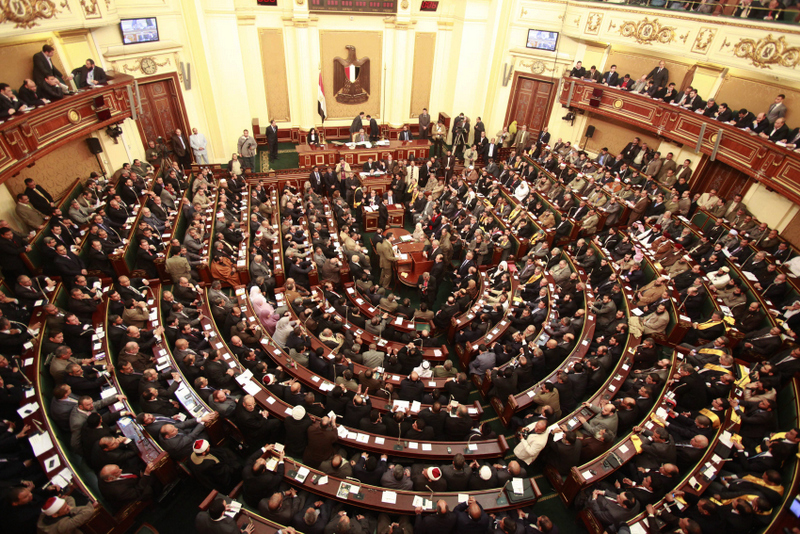The second agent of the industry committee within the parliament, Mohamed Zakaria Mohy El-Dein, said that he submitted a draft law to eliminate detergents from table taxes over the upcoming period.
He added that the draft law aims to reduce burdens on manufacturers with the harm they have seen from being subject to the table tax.
By removing these products from the table tax, estimated to be 5%, these products would be subject to the value added tax (VAT).
Mohey El-Dein said that the draft law will be studied once 60 MPs sign it from the committees of industry and planning and budget.
A member in the planning and budget committee in the parliament said that excluding detergents from the tax over the upcoming period is not possible with the Finance Ministry targeting EGP 770bn, as VAT and table tax represent EGP 320bn of them.
“The Finance Ministry will look into the issue based on the report submitted to it from the industry committee in a way that does not affect financial tax resources this fiscal year,” he added.
Mohamed Fekry Abdelshafie, the head of the detergents division in the chemical industries chamber, said that removing the detergents from table tax and making them subject to the regular 14% will contribute to reducing the cost on factories, and hence on consumers.
He added that including detergents among regular goods allows deducting the tax on production inputs from the total tax, unlike including them within the table goods, which do not allow deduction and increase the tax to 19%, and hence increase the cost for factories.
He explained that once the draft law is approved, this would contribute to bringing back balance to the market, reduce costs, and increase the demand on the products of companies working in the official sector after the price increase led to factories of a much poorer quality to acquire a share of the market.
He noted that the detergents sector is highly connected to global petroleum prices, because the chemical materials that are part of the production requirements are produced from petroleum derivatives.




